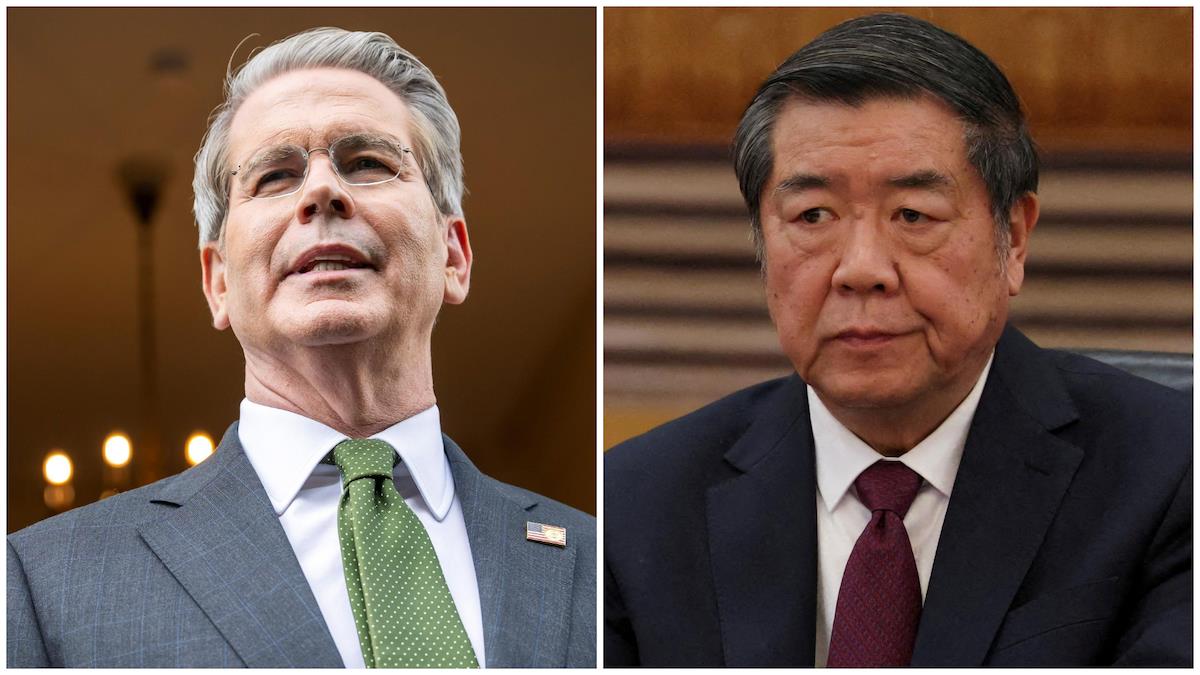
China Happily And Aggressively Filling Trump's Climate Vacuum
A big question hung in the air: Who would step into the leadership vacuum? While it's still too early to fully assess the long-term impact of the United States' political shift when it comes to global cooperation on climate change, there are signs that a new set of leaders is rising to the occasion.
Another US withdrawalThe US first committed to the Paris Agreement in a joint announcement by President Barack Obama and China's Xi Jinping in 2015. At the time, the US agreed to reduce its greenhouse gas emissions 26% to 28% below 2005 levels by 2025 and pledged financial support to help developing countries adapt to climate risks and embrace renewable energy.
Some people praised the US engagement, while others criticized the original commitment as too weak . Since then, the US has cut emissions by 17.2% below 2005 levels – missing the goal, in part because its efforts have been stymied along the way.
Just two years after the landmark Paris Agreement, Trump stood in the Rose Garden in 2017 and announced he was withdrawing the US from the treaty, citing concerns that jobs would be lost, that meeting the goals would be an economic burden, and that it wouldn't be fair because China, the world's largest emitter today, wasn't projected to start reducing its emissions for several years.

Scientists and some politicians and business leaders were quick to criticize the decision , calling it“shortsighted” and“reckless.” Some feared that the Paris Agreement, signed by almost every country , would fall apart.
But it did not. In the US, businesses such as Apple, Google, Microsoft and Tesla made their own pledges to meet the Paris Agreement goals.
Hawaii passed legislation to become the first state to align with the agreement . A coalition of US cities and states banded together to form the United States Climate Alliance to keep working to slow climate change.

Legal Disclaimer:
MENAFN provides the
information “as is” without warranty of any kind. We do not accept
any responsibility or liability for the accuracy, content, images,
videos, licenses, completeness, legality, or reliability of the information
contained in this article. If you have any complaints or copyright
issues related to this article, kindly contact the provider above.
























Comments
No comment